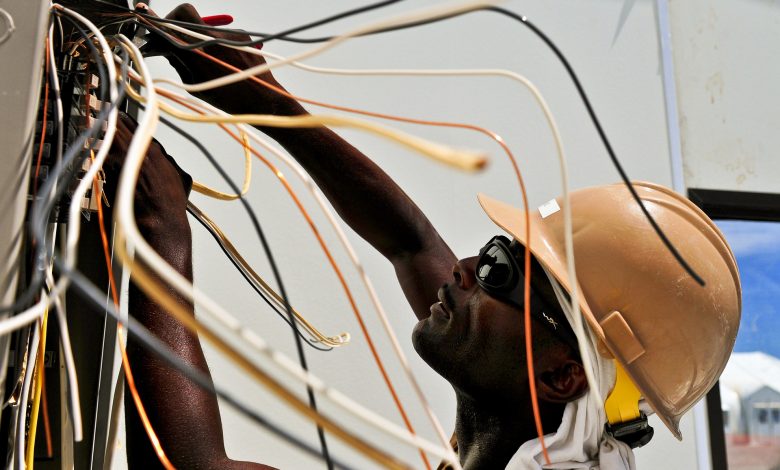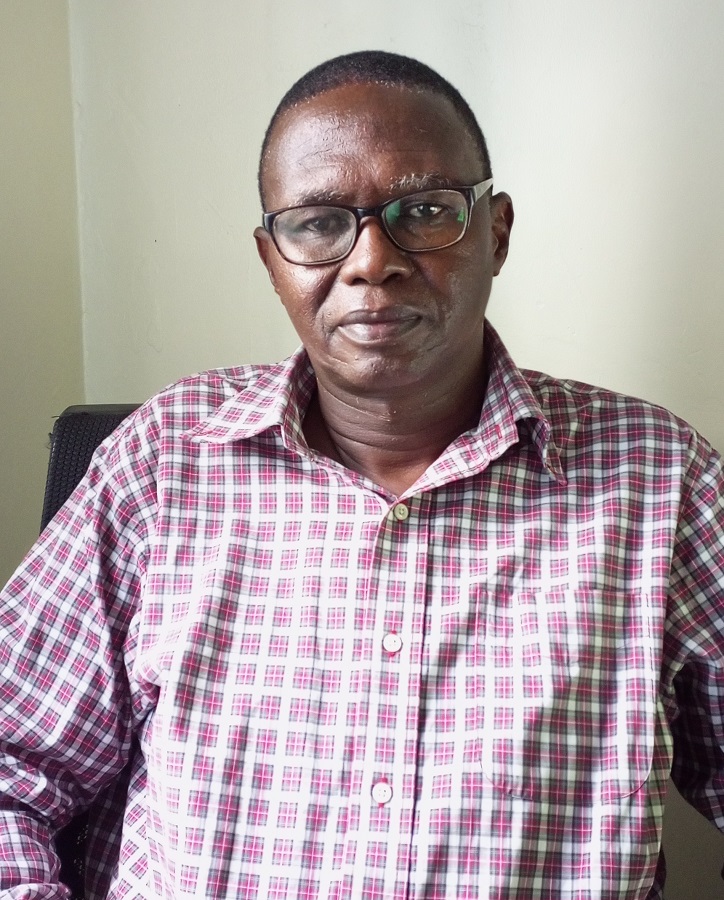ELECTROCUTION: Reduce power tariffs and sensitize people about renewable energy alternatives
A 2018 incident report found that illegal connections to the grid were responsible for 48 per cent of the electrocution cases inland.

By Olive Atuhaire
Recently, the media reported that 24-year-old Evelyn Namulondo a resident of Iringa village in Nkondo sub-county was electrocuted in Buyende district due to an illegal connection while she was drying her clothes on wire lines reportedly carrying electricity to her house.
Joseph Muziru, who operates a kiosk in the area, noted that many residents have opted for underground power connections since it is cheap. He pointed out that the culprits often used to use exposed wires to connect power unofficially within the community which posed a safety risk.
In addition to the above, last year, on 20/01/2022, the media also reported the same incident of death by electrocution in Kasenge Trading Centre where the victims identified as Asimwe Babirye, 35, Annet, 24, and Jeremiah Sekalenzi, 5 were reported died due to illegal connections.
It is noted that the house where the deceased family was renting had no power and so they illegally tapped power from the neighbourhood since the connection is expensive.
A 2018 incident report found that illegal connections to the grid were responsible for 48 per cent of the electrocution cases inland.
It is noted that electrocution is mostly common in rural areas where most people are poor and vulnerable and cannot afford the high power tariffs plus the expensive connection fees hence putting people’s lives at stake.
It noted that the current electricity tariff for domestic users currently costs Shs750.9 per unit which is high. Other people say that the time it takes to get connected to the grid is rather long. Some people say the connection fees of Shs720,883 for a no-pole connection and Shs2.3 million and Shs 2.7 million for one pole are prohibitive.
According to Umeme, the country’s main electricity distribution company, Uganda loses $30m (approximately Shs 76bn) annually in electricity theft and other associated power losses.
An estimated 50 people are electrocuted weekly in eastern Uganda as they attempt to illegally tap into power lines. The higher cost of electricity tariffs is a fundamental challenge which leads to illegal connection thus resulting in electrocution
According to Voluntary Action for Development (VAD), it is noted that an illegal connection is secured easily compared to a legal connection which is long and involves unclear costs which makes it expensive.
This leaves consumers with an option of seeking services of illegal connection to improve their standards of living. The government must address this challenge of illegal connections to reduce electrocution cases which claim people’s lives.
Therefore, to reduce electrocution and avoid the high power tariffs that are chocking people, it is high time for the government to sensitize people about
renewable energy alternatives like wind power, solar energy, and biogas which are cheap for inclusive development.
The government should consider reducing electricity tariffs, especially for low-income households, offering subsidies to make electricity more affordable, lowering the cost of obtaining legal electrical connections to make it more accessible for households, and offering subsidized electrical connections to low-income households to ensure that people have affordable accessible, reliable and clean energy to discourage illegal connections which lead to electrocution.
Olive Atuhaire, Research Associate
Atuhaireolivia72.ao@gmail.com







